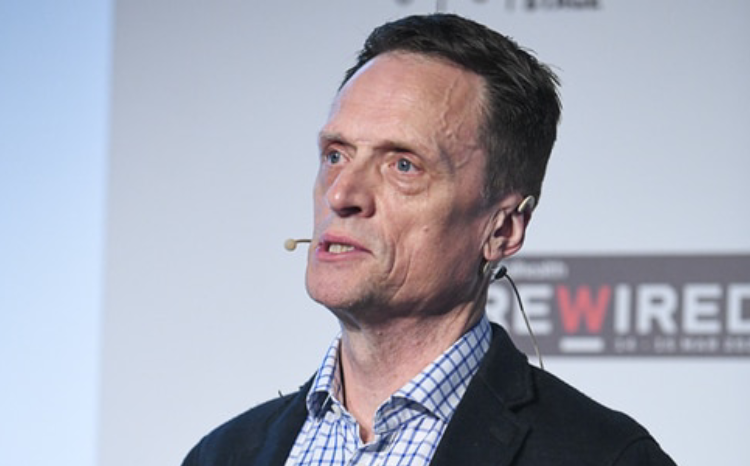Innovate or die, NHS told
- 19 June 2009
Lord Darzi of Denham has become the latest minister to urge the NHS not to cut back on technology or other investment as it starts to feel the impact of the credit crunch.
Speaking at an Innovation Expo in London’s dockland’s yesterday, he said “politicians should not tell people what to do, but I can tell you what not to do.”
He said the advice being given to other sectors of the economy was: “Do not lose talent; do not cut back on technology; do take risks – but measured risks; encourage innovation and service development; do not retreat to command and control or from collaboration.”
Echoing messages put out at last week’s NHS Confederation conference, Lord Darzi also said a more innovative NHS would not only improve efficiency and quality of health service, but boost the wider economy.
The Innovation Expo at the ExCeL centre has been organised by the Department of Health and showcased a wide range of new ideas and best practice in everything from IT to commissioning and commodes and bandages.
It forms part of the Innovation for a Healthier Future programme launched by Lord Darzi in April, and is one of its ideas for spreading information and “excitement” about innovation around the health service.
Other measures being promoted as part of the programme include a new duty on strategic health authorities to promote innovation, a £200m fund for them to spend over five years on front-line projects, and a £20m prize fund for £1m prizes for ideas to tackle “the key health challenges facing the nation.”
Despite this, the view of many speakers and exhibitors at the Expo was that while the NHS is good at clinical innovation, it is less good at thinking about other types of innovation and at spreading new ideas consistently and effectively.
Problems identified in questions to Lord Darzi included the difficulty of getting new technologies approved by regulatory bodies, inflexible commissioning, the reluctance of clinicians to adopt ideas for which there was no evidence-base and the difficulty of reaching end-users through procurement departments.
But Louis Burns, vice president and general manager of Intel’s digital health group, said governments and health systems needed to be prepared to re-engineer services on a large scale to cope with challenges like the ageing population.
“Our problem is that we do not have enough imagination,” he said, after demonstrating Intel’s Health Guide and other home-health devices for the elderly and chronic disease sufferers.
“You are trying to incrementally solve problems that are going to crush economies because you are not stepping up and going hard. You cannot innovate if you are afraid of failing.”
Kevin Dean, managing director of connected health at Cisco, urged the health service to get to grips with Web 2.0 technology and the patient-generated information it was unleashing.
“If you are not the game on Web 2.0, patients will decide you are not providing what they want and they will go elsewhere or create new services more suitable to them,” he warned.




